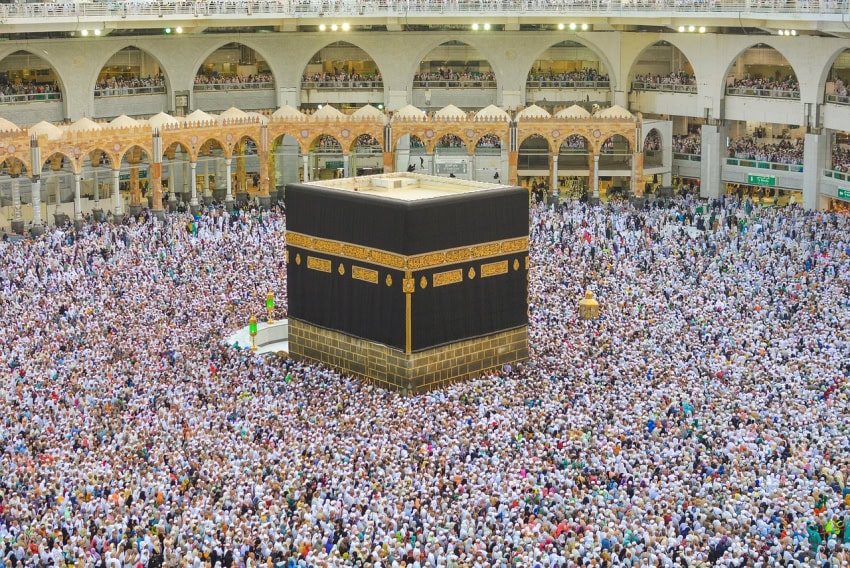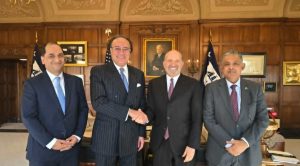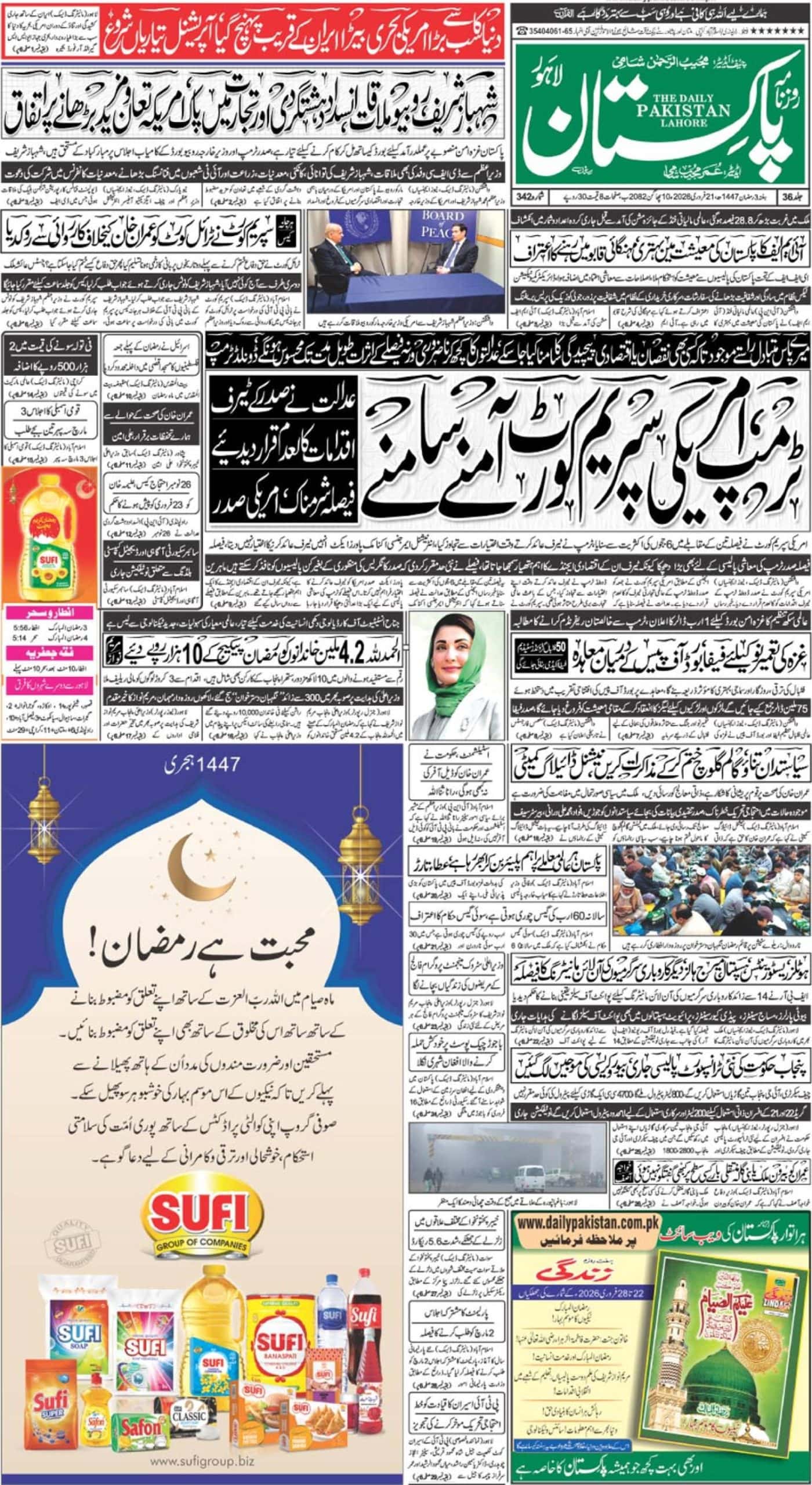ISLAMABAD – The caretaker Minister for Religious Affairs and Interfaith Harmony Aneeq Ahmed has confirmed that efforts are being made to introduce short and long-term Hajj packages.
The multiple-duration Hajj package is being explored under the government Hajj Scheme for the upcoming year which is expected to be economical as well.
The minister chaired a meeting in Islamabad on Thursday and said proposals would be sought from Pakistani cellular companies for the provision of affordable calling and data packages to pilgrims during their stay in the holy kingdom.
Aneeq Ahmed also said that a QR code will be introduced to prevent luggage from missing – a mismanagement on the part of carriers or the airports which causes hassle to the flyers.
The minister also stressed the importance of physical fitness during the pilgrimage and said legal action would be taken against the doctors who issue fake Hajj fitness certificates.
It is to be mentioned that earlier, the minister chaired a meeting and explored the option of receiving early Hajj applications for the upcoming Hajj season.
The Ministry of Religious Affairs and Interfaith Harmony had confirmed in a social media post that the government was mulling inviting early applications for next year’s Hajj pilgrimage as well as the payment of dues in installments.
The proposal came up as the officials of the ministry briefed the caretaker religious affairs minister Aneeq Ahmed about this year’s Hajj arrangements.
The ministry also confirmed on its social media platform that the authorities are trying to bring a long-term Hajj policy.
Pakistan recently completed the Hajj operation under the command of Talha Mehmood, the former religious affairs minister.
For this year’s Hajj, a 50 percent quota had been reserved for the Sponsorship Scheme which was a special facility given to Hajj pilgrims seeking foreign exchange from abroad in the specific dollar account of the religious affairs ministry.
The government had set Hajj expenses at Rs1.175 million per pilgrim, 68% more than last year’s expenses which apparently became a reason for many Muslims to avoid performing the ritual amid skyrocketing inflation.
It is noteworthy that this was the first time Saudi Arabia welcomed pilgrims in large numbers i.e. around 2.3m after the pandemic restrictions were lifted. Around one million people joined the 2022 Hajj season and only those in the age bracket 18 to 65 who were fully vaccinated or immunized against the virus and did not suffer from chronic diseases were allowed to visit the kingdom.
Earlier in July, then Minister for Religious Affairs Talha Mehmood announced that all the intending pilgrims who will go for Hajj in 2024 will have to pay their expenses in US dollars instead of Pakistani rupee though no development has been made in this regard by the religious affairs ministry.














